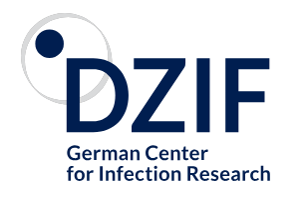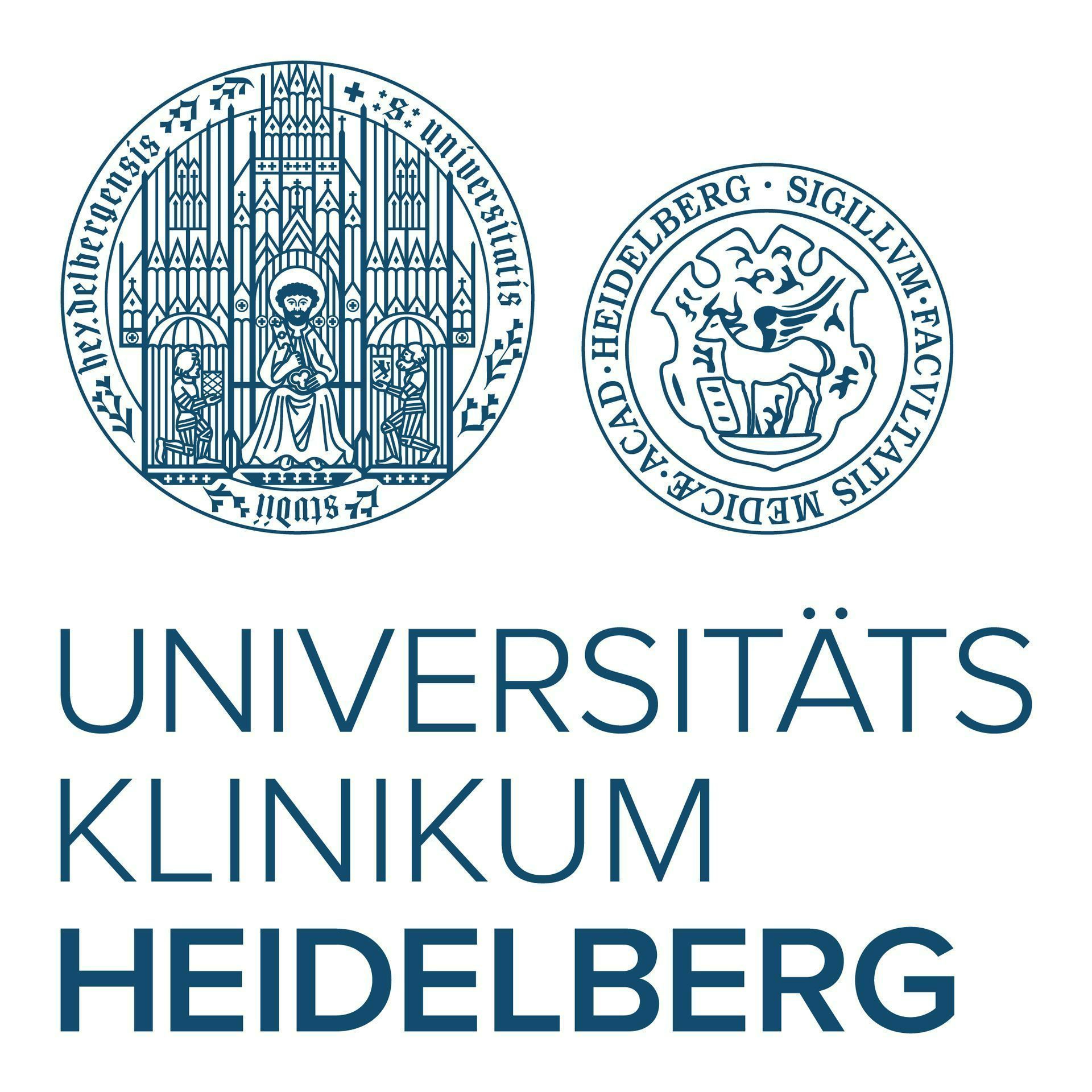TTU 05.822
"Novel therapeutic strategies for functional cure of HDV infection"
Short Summary
The WHO estimates that 247 million people are chronic carriers of the human hepatitis B virus (HBV). At least 12 million of these people are co-infected with Hepatitis Delta Virus (HDV). Such coinfections bear a significantly higher risk to develop liver cirrhosis and hepatocellular carcinoma without having approved therapeutic regimens at hand. Off-label use of Interferon alpha shows limited efficacy and is associated with frequent and sometimes severe side effects. With the development of novel in vitro and in vivo systems for HBV and HDV and the clinical development of Hepcludex/bulevirtide (BLV), a drug developed with help of the DZIF in Heidelberg and approved in Europe in 2020, the first therapeutic option for chronic Hepatitis B/D arrived in clinical reality. In phase II clinical trials, Myrcludex B has shown strong effects on HDV serum RNA in monotherapy and even curative potential (HBsAg loss) when combined with IFN as an immune modulator. Within the DZIF, we aim at (i) strengthening the understanding of Hepcludex efficacy in patients (determinants of responses, possible resistance, genotype dependence, synergisms with known and novel antiviral drugs); (ii) understand immunological mechanisms involved in control of HDV infection in general and specifically in the context of Hepcludex treatment. Patients from phase III clinical trials are recruited and blood samples can be made available to participating laboratories. Finally, by using a novel point of care diagnostic assay for HDV, we perform field epidemiological studies in selected African and Asian countries in order to significantly improve our epidemiological knowledge of this still profoundly neglected disease.
Highlights
- Analysis of patient samples of bulevirtide non/low responders and exclusion of resistance development during therapy
- Elucidation of the mode of action of interferons on cell division-mediated spread of Hepatitis D Virus
- First successful application of the HDV point of care assay for epidemiological studies in different regions in China
DZIF Partner Site Heidelberg


Contact Info
Phone: ( 49) 6221 - 56 310787
dzif.heidelberg@med.uni-heidelberg.de
Department of Infectious Diseases
In Neuenheimer Feld 344
69120 Heidelberg, Germany






